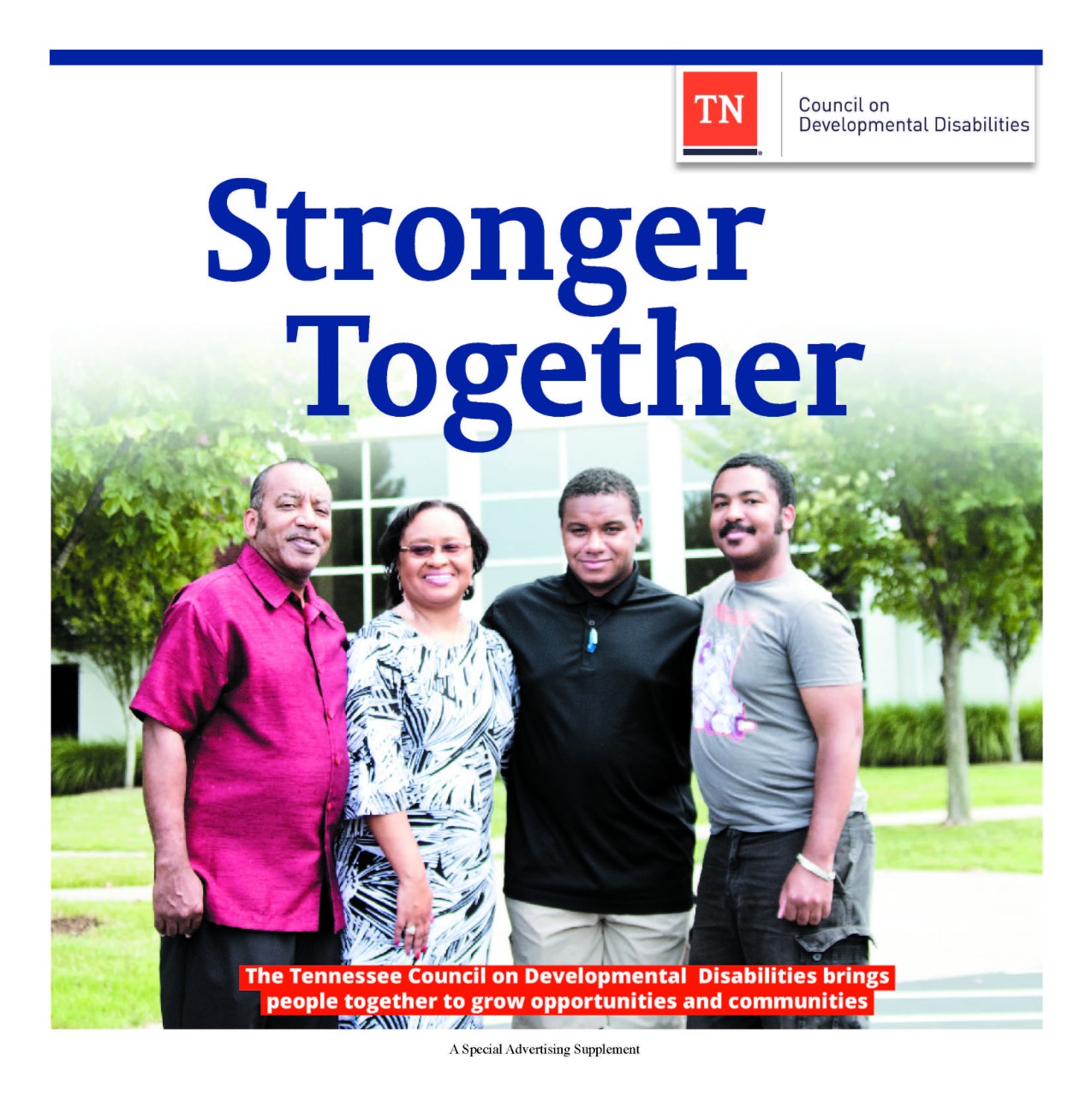Breaking Ground 108 - 5 Years of Impact: Measuring the Council’s Success
by Bruce Keisling, Executive Director, University of Tennessee Center on Developmental DisabilitiesOur Center was tasked recently with doing a study on the outcomes of the Council’s work over the last five-year state plan. I knew it would be a good opportunity to summarize the Council’s broad impact across all programs and services. I didn’t know that it would also become an important way to understand Wanda’s legacy as she retires.
Our job was to look at all Council activities from 2017-2021. The key question: did the Council meet its state plan goals? Those goals were:
- Growing and empowering leaders
- Impacting disability-related policy and practice
- Informing and educating stakeholders (people connected to disability)
What we saw in our analysis is an effective agency that is making the lives of people across the state better. I want to share a few of the highlights from each of the three goals. They illustrate the reach of the Council – and the lasting impact of its executive director.
Growing and Empowering Leaders
The Council supports many different leadership and advocacy trainings for Tennesseans with disabilities, family members, and professionals who serve the disability community. These programs include the Partners in Policymaking® Leadership Institute, advocacy training for high school students with disabilities, and the state Leadership Academy for Excellence in Disability Services. The goal of these programs is to help people learn more about disability issues, help them find and use resources, and prepare them to advocate for themselves and others.
More than 6,300 people participated in activities through these training programs, the Council scholarship fund, and grassroots advocacy projects over the past five years. Participants have consistently rated these learning experiences as meeting or exceeding their expectations. When we followed up with people years after their training experiences, they told us they continue to engage in disability-related activities in their communities. They now hold officer positions, memberships, research roles, program planning duties, and fundraising responsibilities across more than 75 national and state disability organizations.
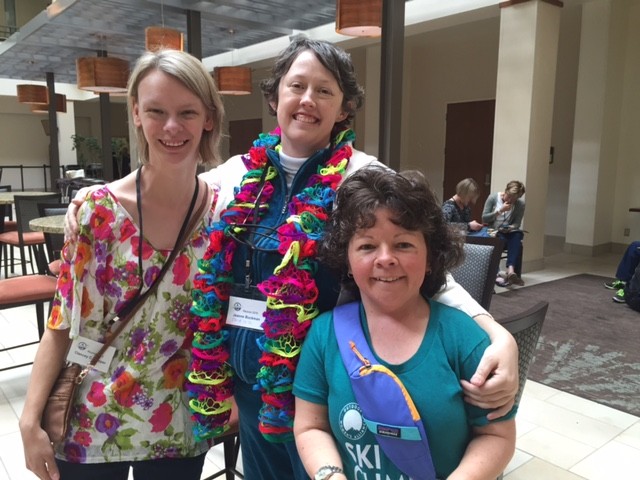

Impacting Disability Policy and Practice
The Council knows that improving policy and practices that affect the lives of people with disabilities is a collaborative effort. They have built strong relationships with a wide variety of partners, including:
- members of the legislature and their staff
- disability organizations
- public agencies
- community organizations
- people with disabilities and families
- the media
The Council has led two critical statewide policy and practice groups for more than a decade:
- The Tennessee Disability Policy Alliance
- The Employment Roundtable
These groups coordinate work on common issues across dozens of agencies. In addition, the Council participates in two disability-related legislative events each year: the Disability Legislative Reception and Disability Day on the Hill. These events help people with disabilities connect directly with legislators. Council members and others who attend consistently say they are very valuable advocacy experiences.
The Council has worked with more than 50 national and state groups on policy and practice efforts that impact people with disabilities and their families. It is important to the Council to be a “go-to” resource for the disability community to learn about public policy. They also work to be a trusted resource for elected and state officials about disability issues. To that end, the Council has tracked as many as 150 federal and state bills each year. They prioritize 3-8 bills for each legislative session, often working directly with bill sponsors. Legislators routinely ask the Council for help or to give testimony about disability issues related to their bills. Council staff and citizen members regularly participate during public comment periods and formally (and informally) consult on hundreds of topics each year.
Over the past 5 years, Council staff produced:
- Several position papers on public policy issues
- 50+ products on policy and best practices
- 120+ disability policy presentations
The Council staff and members participated in hundreds of public policy meetings across the state. Over 90% of bills prioritized by the Council move forward or pass within the state legislature!
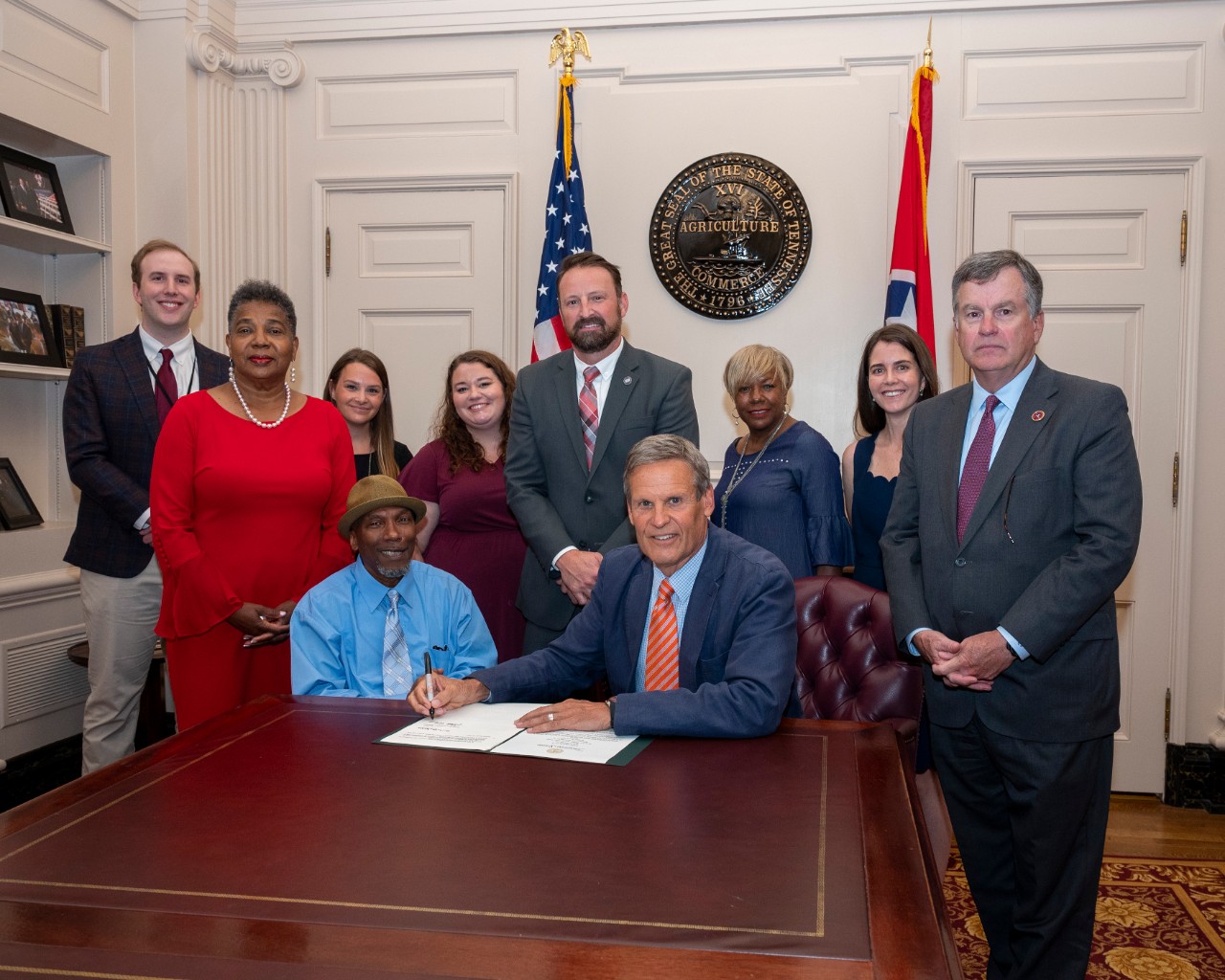
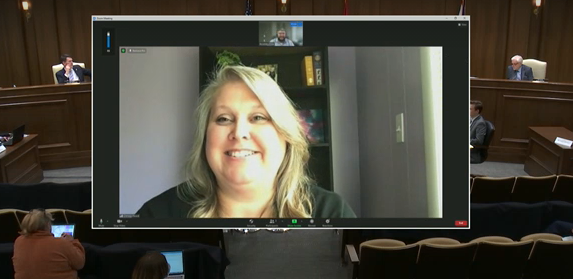
Informing and Educating Tennesseans
The Council uses many different public information activities to educate Tennesseans with disabilities, their family members, policymakers, professionals, and the public. During the past 5 years, Council members and staff led around 80 presentations a year at local, state, and national training events. They are routinely asked to add disability information to content from other state agencies. We estimate that over the last five years, the Council has reached at least 2,000 people with disabilities, 5,500 family members, and 5,000 professionals through these types of activities to inform and educate.
Council communications platforms:
- The Council’s magazine, Breaking Ground, is published four times a year and reaches at least 5,900 subscribers. In a recent survey, 75% of surveyed readers reported directly using the information found in this publication, and 90% said that the disability-related content in the magazine is relevant to them.
- Around 20,000 people visit the Council’s website each year. Their weekly email newsletters reach over 2,300 email subscribers.
- The Council’s social media presence includes more than 4,400 Facebook followers and 1,200 Twitter followers. The Council has released more than ten videos about the Council and sharing stories of Tennesseans with disabilities.
A major focus of the Council has been outreach to rural communities. The Council developed a newspaper insert about the Council and disability resources that was distributed in more than 200,000 rural newspapers.
Across all these public information activities, the Council demonstrates yearly increases in the number of Tennesseans with disabilities, family members, and others who report:
- a greater ability to advocate for themselves and others
- increased understanding of service systems
- a greater ability to access resources
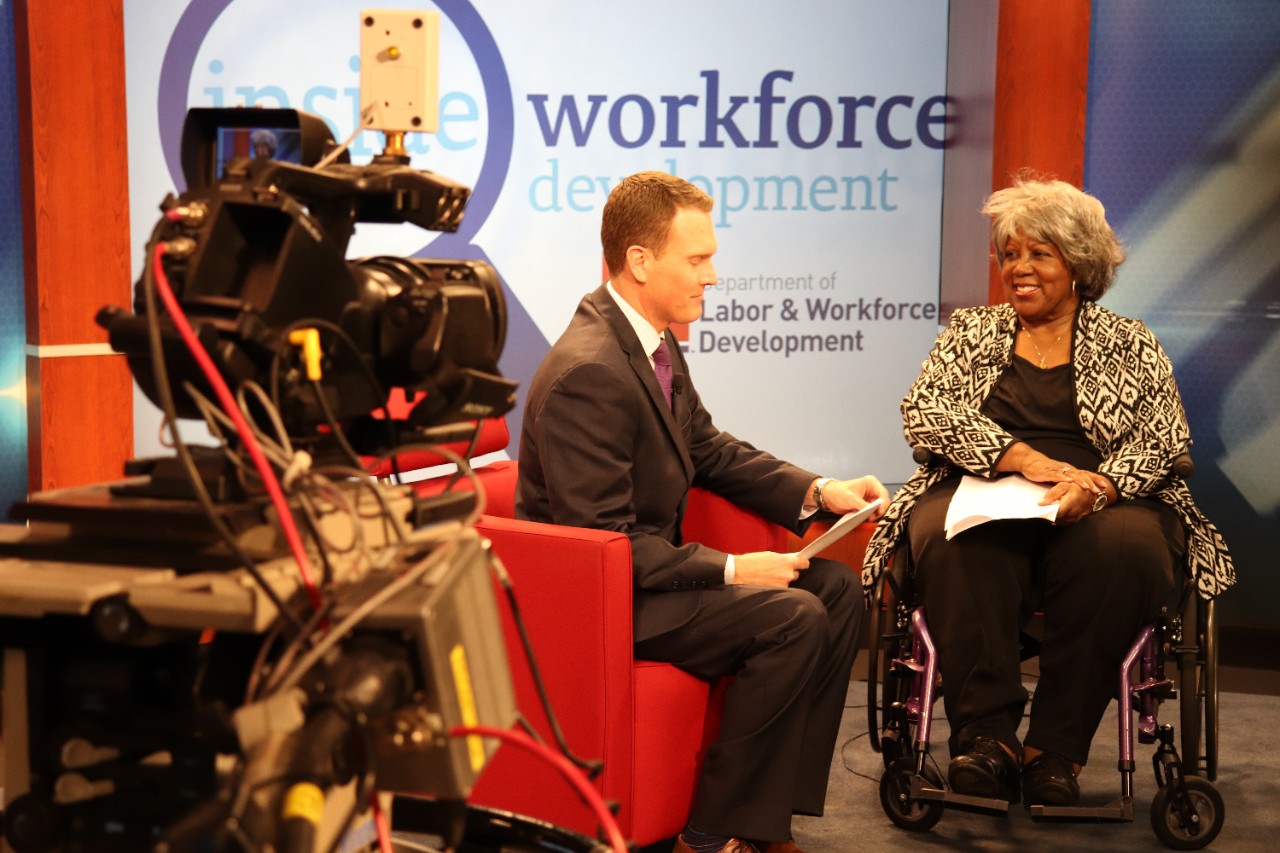
A broad and lasting impact
The information above gives just the highlights of the very broad reach of the Council’s work in the past five years. It stood out to me that people who access Council programs report benefits even many years later.
I have worked closely with Wanda through our DD Network partnership. The research our Center did for the Council gave me an even greater appreciation for Wanda’s leadership. Her time as Executive Director has led the Council to ever-increasing engagement with Tennesseans experiencing disability. The answer is clear: under Wanda’s leadership, the Council met its state plan goals.
It’s been a pleasure to work with Wanda and her staff over the last several years. I look forward to seeing her remarkable legacy continue!
Bruce Keisling is the Executive Director of the UTHSC Center on Developmental Disabilities and holds the Shainberg Professorship in Developmental Pediatrics in the College of Medicine. He directs the center’s University Center for Excellence in Developmental Disabilities (UCEDD), which, along with the Tennessee Council on Developmental Disabilities, is part of the Tennessee Developmental Disabilities Network.
Snapshots of Impact
Data from the UT Center for Developmental Disabilities evaluation show the Council making a difference in the lives of real people.
- At least 90+% of people who participated in Council leadership trainings said the trainings helped them:
- Increase their knowledge in disability topics - including policy and practices
- Identify and access needed resources
- Advocate for themselves and others in their community
- Have a greater sense of control of their lives
- See lasting gains in self-confidence and empowerment, knowledge, advocacy skills, professional and social networking, community inclusion, and quality of life
- Over 90% of the bills chosen as priorities by the Council moved forward or passed within the state legislature.
- More than 90% of people surveyed said that the Council’s policy and practice work has increased their:
- Ability to advocate
- Knowledge of disability topics
- Knowledge of and ability to access available resources
- 75% of surveyed Breaking Ground readers said they directly used information found in this magazine.
